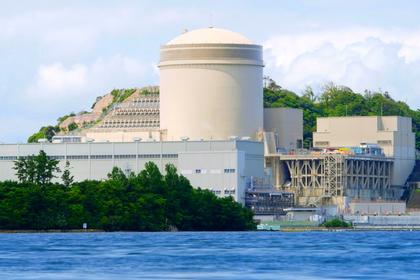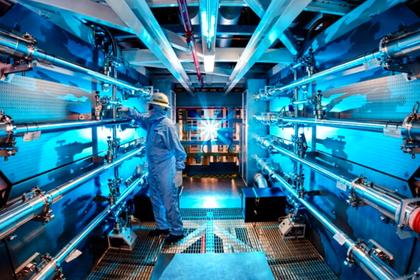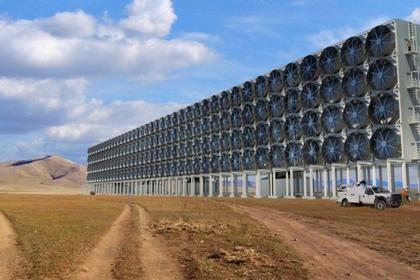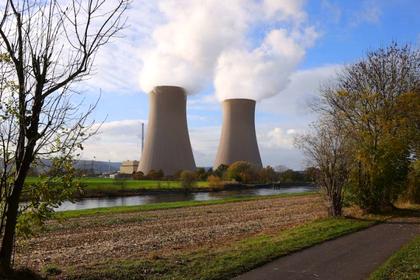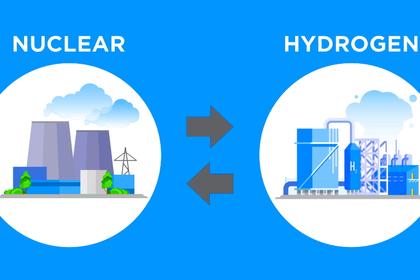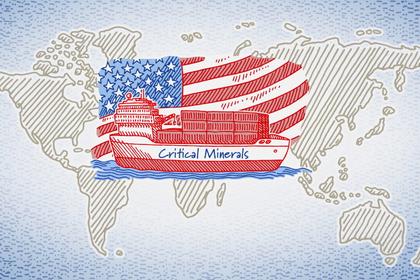
U.S., JAPAN NUCLEAR DEVELOPMENT
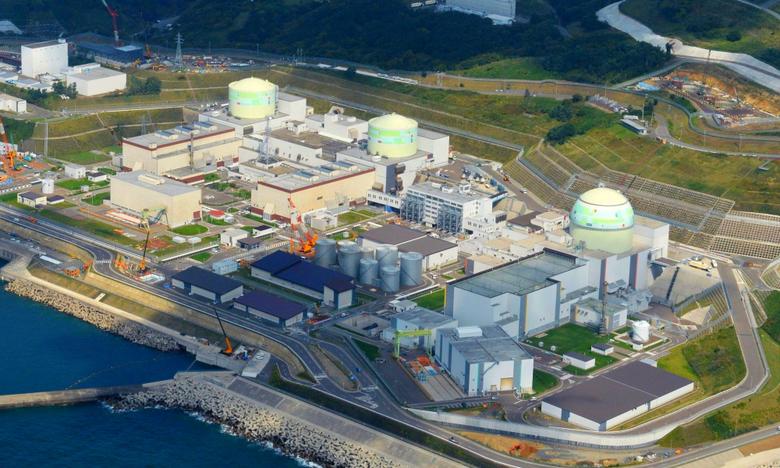
U.S. DOE - JANUARY 9, 2023 - On January 9, United States Secretary of Energy Jennifer M. Granholm and Minister of Economy, Trade and Industry of Japan NISHIMURA Yasutoshi met in Washington D.C. to discuss the situation surrounding global energy security, strengthening clean energy cooperation, and the importance of clean energy transitions, including renewable energies, energy efficiency, nuclear energy, geothermal energy, and the production and use of hydrogen and ammonia.
In response to the energy impacts of Russia’s war against Ukraine, the Ministry of Economy, Trade and Industry of Japan (METI) and the United States Department of Energy (DOE) discussed the need for diverse and secure supplies of energy, noting support for upstream investment in the United States to enhance energy security. The United States and Japan are committed to maintaining a rigorous and consistent regulatory environment for all energy sources, and endeavor to be responsive to all stakeholders, including enabling private sector investments. To that end, more than double the current amount of U.S. natural gas export capacity has received final regulatory approvals and is pending off-take agreements and final investment decisions. METI and DOE also recognized their prior commitment in the 2022 International Energy Agency Communique to “work on greenhouse gas abatement in fossil energy.”
DOE noted the significance of the Government of Japan’s announcement of its “Draft Future Nuclear Energy Direction and Action Guidelines” in December 2022. METI and DOE intend to cultivate opportunities for cooperation on nuclear energy, such as development and construction of next-generation advanced reactors including Small Modular Reactors (SMRs) both within each country and third countries. Both countries also intend to work on maximizing use of existing reactors and building robust nuclear component and fuel supply-chains, including uranium fuel among like-minded countries.
METI and DOE welcomed the strengthening of their respective policies on clean hydrogen and ammonia and to further expand ongoing cooperation between U.S. and Japanese companies. Continued collaboration will work to drive down costs and improve production, transportation, and utilization of clean hydrogen and ammonia.
Secretary Granholm and Minister NISHIMURA recognized the progress of the Japan-U.S. Clean Energy and Energy Security Initiative (CEESI), which was established in May 2022 as the preeminent Japan-U.S. ministerial-level energy dialogue, and which has thus far initiated knowledge sharing in Carbon Capture Utilization and Storage/Carbon Recycling and civil nuclear energy. METI and DOE reaffirmed the importance of renewable energies for this initiative, including holding technical meetings on adaptable power grid systems and a workshop on offshore wind, initial planning for workshops on geothermal technologies. METI and DOE intend to continue to develop this initiative.
Finally, Secretary Granholm and Minister NISHIMURA also welcomed Japan’s 2023 G7 Presidency and noted the importance of the G7 taking concerted action in 2023 to accelerate clean energy transitions and ensure energy security consistent with the achievement of net-zero emissions by 2050. They discussed the G7 energy ministerial track advancing efforts to diversify supplies of critical minerals and materials; taking on a broader and more intensive program of cooperation on safe, secure, and reliable nuclear energy for those countries who wish to use it; and facilitating continued ongoing work on industrial decarbonization standards setting and coordination through the G7 Industrial Decarbonization Agenda.
-----
Earlier:
